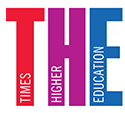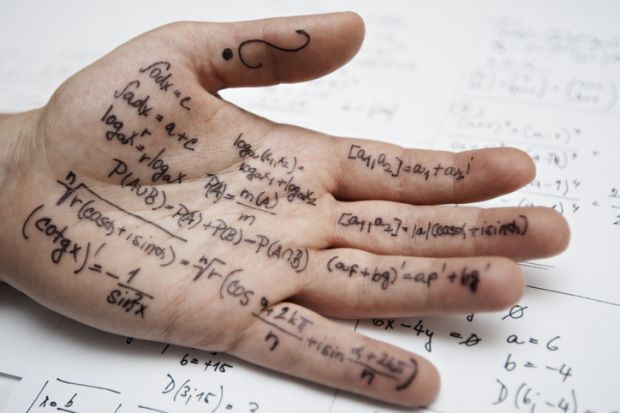Dartmouth case seen as exposing national unpreparedness for online exams that predated Covid and still needs fixing
US universities overreacting to student cheating during the pandemic are demonstrating a problem that existed well before Covid and still needs to be addressed in its aftermath, experts have warned.
The challenges have been put in stark relief by Dartmouth College, which accused 17 of its medical school students of cheating, allegedly deterred them from fighting back, then admitted it was mistaken all along.
It was the latest in a series of cases, within the Ivy League and beyond, of institutions trying to catch cheaters during online testing by using software detection systems faulted for being unreliable and invasive of student privacy.
Such problems were “widespread” and predated the near-universal online environment forced upon academia by the pandemic, said Cooper Quintin, a senior staff technologist at the Electronic Frontier Foundation, which advocates for civil liberties in digital environments.
“More and more coursework is going online these days, and I don’t expect that this fact will change once Covid abates,” Mr Quintin said.
In the Dartmouth case, the university believed it found cheating because records obtained from standard course management software known as Canvas suggested the students were looking at class material at the same time as they were taking tests.
While the university weighed the repercussions, some students said, it took actions that limited their ability to defend themselves, including allowing only short time periods to respond, accompanied by suggestions the students admit guilt to lessen their penalties.
But after Mr Quintin’s group and others pointed out the unreliability of using Canvas for identifying cheating, Dartmouth’s medical school dean, Duane Compton, agreed to drop all charges and apologised to the students.
Data from a system such as Canvas can be useful to identify possible cheating, said Camilla Roberts, director of the Honor and Integrity System at Kansas State University.
But such data – with details that include when a student started and stopped a test – must be used only as part of a broader investigation that seeks other available evidence, Dr Roberts said.
Some lecturers are likely to stick with online testing after the pandemic, and it’s the responsibility of universities to teach them how to properly handle any suspicions, she said.
Another expert on the topic, Kevin Pitts, professor of physics at the University of Illinois at Urbana-Champaign, agreed that online testing would persist and that institutions must respond better.
“Some things will go back to the way it was,” in terms of traditional in-classroom testing, Professor Pitts said, “but some won’t.”
In a previous role as vice-provost for undergraduate education at Illinois, Professor Pitts led the university in its decision to stop using Proctorio, a software system that lets academic staff monitor students while they take tests remotely.
The decision was a response to complaints from students that such software invades personal privacy and discriminates against students in a variety of ways related to their individual ability to manage or overcome its methods of surveillance.
Yet perhaps as problematic as institutions being overly vigilant, Professor Pitts said, was their being too lax. He recalled a professional society meeting where several faculty outside Illinois said they were administering their exams online during Covid with no safeguards.
“In essence, they were hoping that students wouldn’t cheat,” he said. “I was a bit surprised by the naivety.”
________________________________________________________________________________________________________________


0 Comments